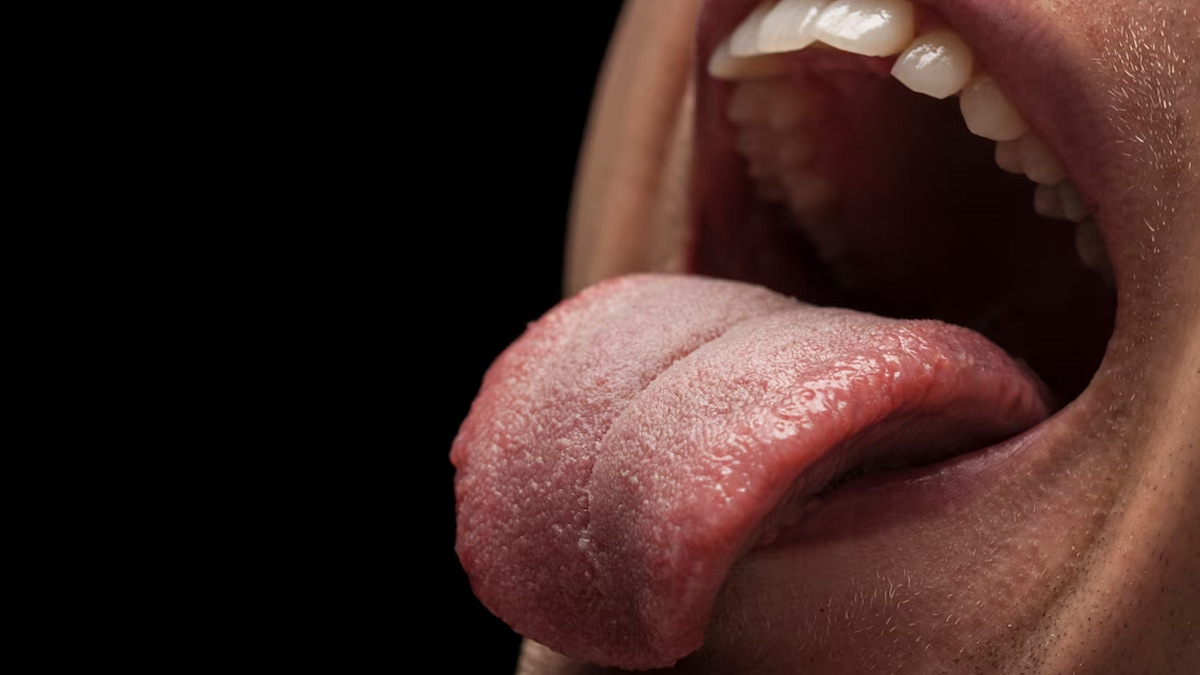
Have you ever experienced a metallic taste in your mouth? It is often described differently by different individuals, but is mostly characterised by a distinct, unpleasant sensation similar to the taste of metal. Some people describe it as a bitter, coppery, or acidic taste that lingers in the mouth, which can vary in intensity from mild to strong. This condition is also known as dysgeusia. To understand what this condition is and to know its possible causes, we spoke to two experts.
Table of Content:-
Also Read: Understanding The Cause Of Dark Skin Patches In PCOS Patients: What To Do?
Understanding Dysgeusia And Its Possible Causes

Dr Shobha Subramanian Itolikar, Consultant-Internal Medicine, Fortis Hospital, Mulund, said, “Dysgeusia is an unpleasant metallic taste in the mouth that a person might sometimes experience.” “While this is not harmful, a constant metallic taste in the mouth can impair the quality of life,” she added. According to the doctor, in most cases, dysgeusia occurs due to a local oral cause or systemic cause within the organ systems. Some of these causes include:
- Chronic gum inflammation causing gingivitis
- Poor oral hygiene
- Poor dental hygiene, like excessive dental plaque leading to tartar formation
- Ill-fitting, unclean dentures
- Oral candidiasis due to long-term use of steroid-based inhalers
- Sinusitis leading to a post-nasal drop
Sometimes, dysgeusia is caused by systemic reasons, which include:

- Pregnancy and hormonal fluctuations can cause altered taste in the mouth
- Gastroesophageal Reflux Disease (GERD) leading to water brash
- Chronic lung diseases like cystic bronchiectasis
- Infections like COVID that cause altered taste and smell perceptions
- Cigarette smoking
Also Read: Tips To Manage Diabetes To Keep Your Heart Healthy
Dr Preeti Kabra, Chief of Lab, Neuberg Diagnostics, suggests that the metallic taste in the mouth can also occur due to nutritional deficiencies. These include lack of essential nutrients, such as zinc, copper, or vitamin B12. She recommends adopting a balanced diet and considering supplements under medical supervision.
However, certain medications can also trigger dysgeusia. Some of them are as follows:
- Multivitamins with copper, zinc, or chromium
- Iron or calcium supplements
- Cold lozenges made with zinc
- Some antibiotics like tetracycline and metronidazole
- Allopurinol for gout
- Lithium - used in bipolar disorders
Preventive Measures

Some preventive measures to reduce the occurrence of dysgeusia include:
Maintain good dental hygiene
Brush your teeth at least twice a day and floss daily to maintain oral health and prevent dental issues that can contribute to a metallic taste. Also ensure regular scaling and polishing of teeth to avoid plaque build-up.
Avoid dietary habits causing acid reflux
Certain substances can intensify or trigger a metallic taste. Examples include acidic or spicy foods, carbonated beverages, alcohol, and tobacco. Pay attention to your diet and avoid items that seem to worsen the taste. If you have an underlying medical condition, such as GERD, sinusitis, or nutritional deficiencies, treating and managing the condition may help reduce or eliminate the metallic taste. Consult with your healthcare provider for appropriate diagnosis and treatment.
Review your medications
If you suspect that a medication is causing the metallic taste, speak with your doctor or pharmacist. They may be able to recommend an alternative medication or adjust the dosage to alleviate the side effect.
Manage stress
Stress can sometimes contribute to taste abnormalities, including a metallic taste. Engage in stress-reducing activities like exercise, meditation, or hobbies to promote overall well-being.
Conclusion
If you experience a persistent and discomforting metallic taste in the mouth, consult a healthcare professional for a proper evaluation. They can provide you with a personalised treatment plan and address any specific underlying causes or concerns.
How we keep this article up to date:
We work with experts and keep a close eye on the latest in health and wellness. Whenever there is a new research or helpful information, we update our articles with accurate and useful advice.
Current Version